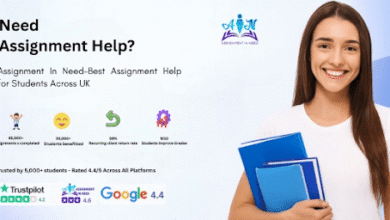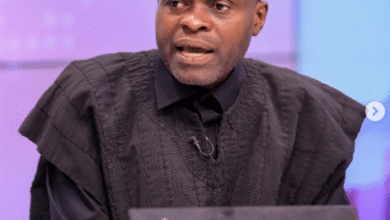Emotional Intelligence Habits: 5 Key Practices Everyone Should Adopt Beyond IQ
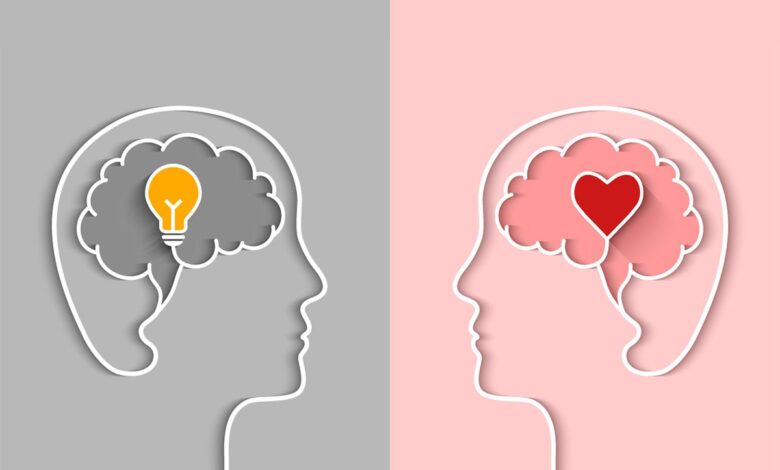
In a world that often prioritises intellect and technical skill, there’s a quiet superpower that truly sets people apart: emotional intelligence (EQ). It’s the ability to understand and manage your own emotions, and to recognise and influence the emotions of those around you.1 It’s not an innate talent, but a set of practical habits that can be learned and honed.2
Developing your emotional intelligence can transform not only your relationships but also your career, your mental well-being, and your overall quality of life.3 It’s about being smarter with your feelings, rather than just being smart. Here are five simple yet profound habits that everyone can adopt to become more emotionally intelligent.
1. The Pause-and-Reflect Habit
In our fast-paced lives, it’s all too easy to react on impulse. Someone says something that annoys you, a frustrating email lands in your inbox, and your immediate reaction is to fire back. Emotionally intelligent people have mastered the pause-and-reflect habit.4
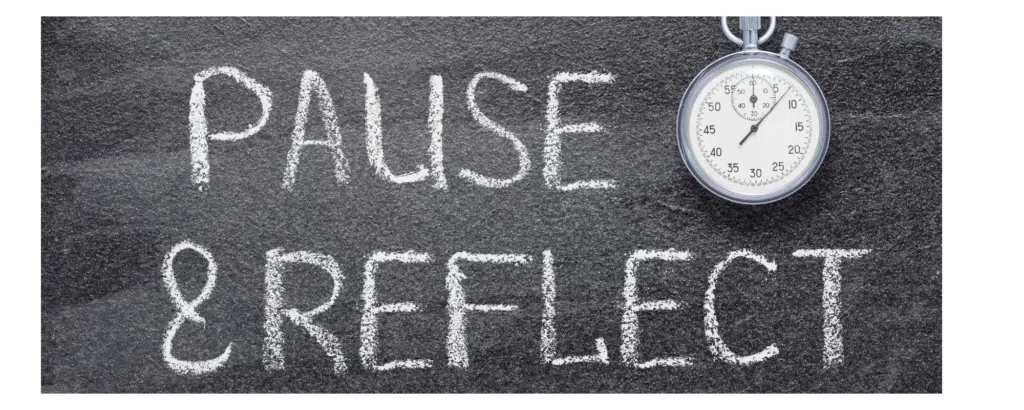
When a strong emotion hits—whether it’s anger, frustration, or defensiveness—they don’t immediately act on it. Instead, they pause. They take a moment to breathe and ask themselves a simple question: ‘Why am I feeling this way right now?’ This small space between stimulus and response is where all the power lies. It gives you a chance to understand your emotion, choose a rational response, and avoid saying or doing something you might later regret. Making this a habit trains your brain to be more mindful and less reactive.
ALSO READ: Step by step guide on how to check your pH balance
2. The Seek-to-Understand Habit
Empathy is the cornerstone of emotional intelligence. It’s the ability to step into someone else’s shoes and understand their perspective, even if you don’t agree with it. Emotionally intelligent people actively practice the seek-to-understand habit.

When someone expresses a view that’s different from your own, rather than getting defensive, you ask open-ended questions like, ‘Help me understand your thinking on that,’ or ‘What led you to that conclusion?’ This isn’t about winning an argument; it’s about genuine curiosity. By making a habit of listening to understand, you build stronger relationships, foster trust, and gain invaluable insight into others. This simple practice dismantles communication barriers and helps you connect on a deeper, more human level.
ALSO READ: Be UNIQUE! Discover your personal fashion style with these proven steps
3. The Take-Responsibility Habit
Emotionally intelligent people own their feelings and their actions. They don’t blame others for their emotional state or their mistakes. They have a well-practised take-responsibility habit.
When a conversation goes wrong or a plan falls through, they’re able to say, ‘I apologise, I should have handled that differently,’ or ‘I got defensive back there, and that was on me.’
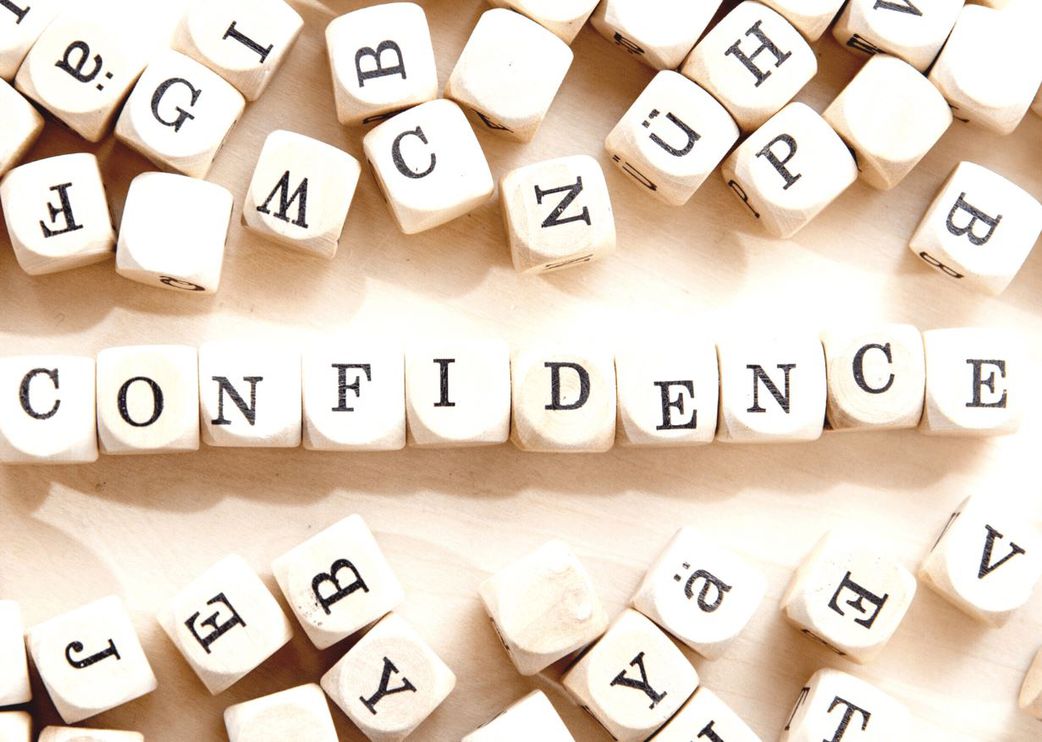
This level of accountability shows confidence and maturity. It avoids the blame game, which is destructive for any relationship. By taking responsibility for your part in an interaction, you build an immense amount of respect and trust with those around you, and you create a clear path for resolving conflicts and moving forward.
READ ALSO: Shoes that will sort out any man’s wardrobe
4. The Name-Your-Feelings Habit
Many of us struggle to articulate our emotions, often resorting to vague terms like ‘I feel a bit off’ or ‘I’m just not great.’ Emotionally intelligent individuals have developed the name-your-feelings habit.

They’ve built a robust emotional vocabulary that allows them to clearly identify what they’re experiencing—whether it’s feeling frustrated, anxious, disappointed, or overwhelmed.

Instead of saying, ‘I’m just angry,’ they might say, ‘I’m feeling a bit frustrated that this wasn’t communicated earlier.’ Being specific about your emotions isn’t about being overly dramatic; it’s about precision. It helps you understand yourself better, and it makes it much easier for others to understand how to support you. It’s a simple habit that opens the door to more meaningful and effective communication.
ALSO READ: What really happens to the brain during a heartbreak?
5. The Proactive-Empathy Habit
Emotionally intelligent people don’t wait for a crisis to show empathy. They have a proactive-empathy habit that’s integrated into their daily interactions. They regularly check in with others, not just with a quick ‘How are you?’, but with a more genuine, ‘How are things really going with you?’ They notice the subtle shifts in a colleague’s mood or a friend’s tone of voice and respond with gentle care.

This habit involves checking in on a friend who mentioned a tough week, congratulating a colleague on a small win, or simply offering a kind word to someone who seems stressed. It’s about anticipating emotional needs and showing that you care before it’s requested. This proactive kindness builds a powerful social support network and makes you a deeply valued friend, colleague, and partner.
READ ALSO: What’s your shape? A simple guide to understanding your body type
Developing your emotional intelligence isn’t about being a mind-reader or being perfect. It’s about being more mindful, more reflective, and more connected. By adopting these five habits, you can begin to transform how you navigate the world, leading to more profound relationships, reduced stress, and a much more resilient and empathetic you.




